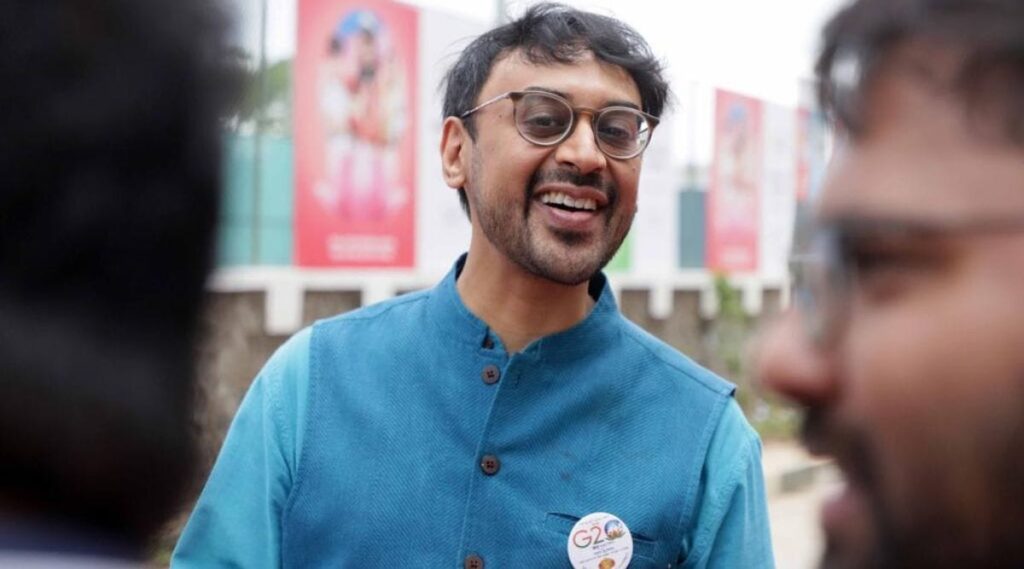The Indian-Origin Math Fields Medalist
Who is Manjul Bhargava?
Early Life: Math, Music & Sanskrit
Born in Ontario, Canada in 1974 and raised in New York, Manjul Bhargava displayed exceptional talent from a young age. Guided by his mother, a mathematics professor, he mastered high school mathematics by the age of 14.
Beyond math, Bhargava nurtured a deep love for Indian classical music—learning the tabla under maestros like Zakir Hussain—and studied Sanskrit poetry from his grandfather. This early immersion in diverse disciplines shaped his unique, multidisciplinary worldview.
Harvard: Where Passion Met Rigor
At Harvard University, Bhargava graduated as valedictorian and won the prestigious Morgan Prize for original undergraduate research—a rare distinction that signaled his future groundbreaking contributions to mathematics.

Princeton: Redefining Number Theory
Pursuing his PhD at Princeton University under Sir Andrew Wiles, the mathematician who famously solved Fermat’s Last Theorem, Bhargava revolutionized number theory. His doctoral thesis reinterpreted classic ideas from Gauss, leading to breakthroughs that earned him a tenured professorship by age 29.
Breakthroughs & the Fields Medal
Bhargava’s research introduced 14 new composition laws, a novel factorial concept, and groundbreaking insights into elliptic curves. In 2014, he was awarded the Fields Medal—often called the “Nobel Prize of Mathematics”—for his powerful new methods in the geometry of numbers.
Global Thinker with Deep Indian Roots
Although based at Princeton, Bhargava maintains strong ties to India. He holds adjunct positions at leading institutions including the Tata Institute of Fundamental Research, IIT Bombay, and the University of Hyderabad. His contributions extend beyond academia—he has played an active role in national science policy and served on India’s Padma Awards Committee.
Lessons from His Life
Manjul Bhargava’s journey proves that true education is fueled by passion, not just prestige. By blending ancient wisdom with modern science, he transformed curiosity into world-changing discoveries. His story inspires students worldwide to pursue their interests with courage, creativity, and commitment—showing that fearless exploration can take you far beyond borders and expectations.
